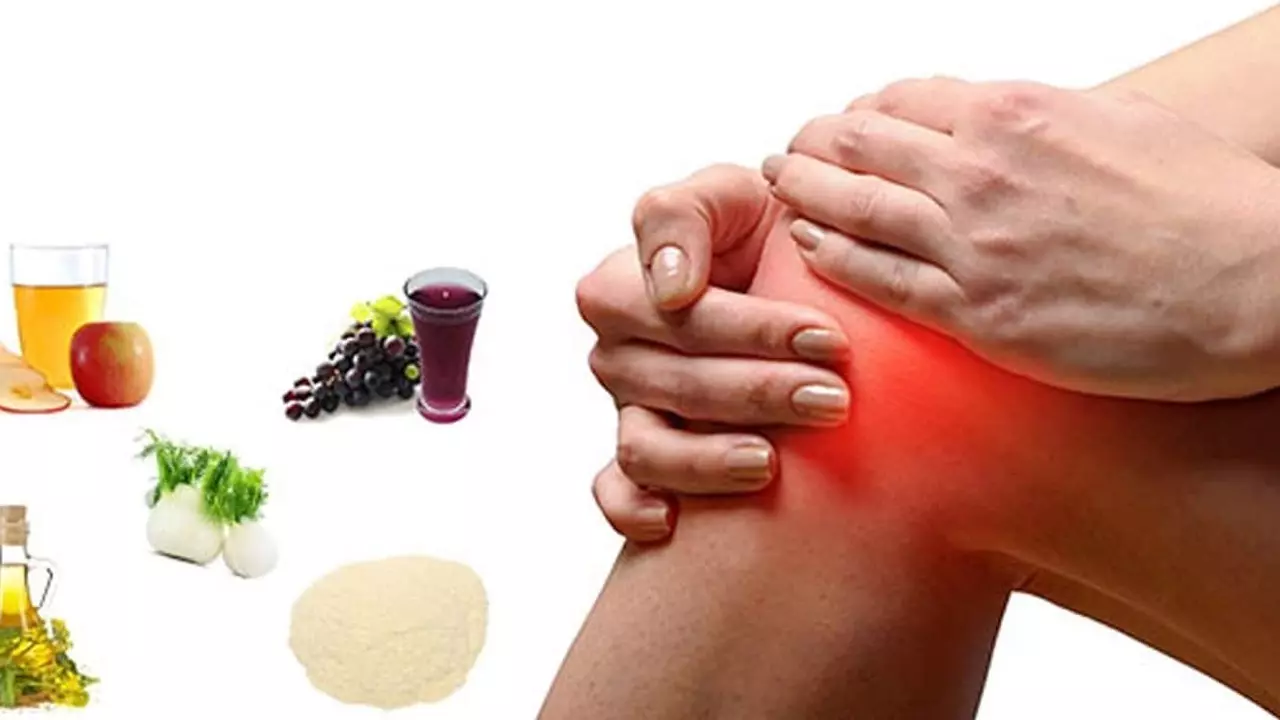Top Apps Like GoodRx for Prescription Discounts with Best Features
August 9 2025Natural remedies: practical, evidence-aware tips you can use
Want natural remedies that actually help and don’t cause trouble? This page pulls together clear, usable advice on popular herbs and supplements. You’ll get short notes on what has real evidence, typical doses used in trials, and simple safety steps so you can try things without guessing.
Quick safety rules before you try anything
Start with one change at a time. If you add a supplement, try it alone for 4–8 weeks and track how you feel. Check labels for third-party testing (USP, NSF or ConsumerLab) and avoid products with vague ingredient lists. If you take prescription meds, ask your pharmacist about interactions—especially blood thinners, diabetes drugs, and thyroid meds. Pregnant or breastfeeding? Skip most supplements unless a clinician says it’s safe.
Also note that “natural” doesn’t always mean safe. Herbs can affect liver enzymes, blood pressure, and hormone levels. Keep doses similar to those used in human studies rather than guessing from internet posts.
Herbs and supplements people actually use — short, useful notes
Vitex (chasteberry): Used for PMS and cycle support. Some trials show benefit for luteal phase issues and PMS. Common study doses run around 400–900 mg daily. Don’t use if you’re on dopamine-related drugs or during pregnancy.
Myo-inositol: Frequently used for PCOS and to improve ovulation. Multiple randomized trials used 2 g twice daily and showed improved ovarian function in many people with PCOS. Watch blood sugar—it can affect insulin response, so check with your provider if you’re on diabetes meds.
Ashwagandha: Helpful for stress and sleep in several short trials. Typical extract doses are 300–600 mg daily. Avoid if you have uncontrolled thyroid disease or are pregnant.
Omega-3 (EPA/DHA): Strong evidence for heart health and some mood benefits. If you take blood thinners, discuss dose with your doctor. Aim for products that list EPA/DHA amounts, not just 'fish oil.'
Turmeric / curcumin: Good for mild inflammation in some studies. Look for extracts with improved absorption (piperine or special formulations). High doses can upset the stomach or interact with anticoagulants.
Amazonian herbs (like chuchuhuasi): These have traditonal use for pain and inflammation but limited high-quality human trials. Treat them as experimental—start very low and watch for side effects.
Probiotics: Strain matters. Some strains help antibiotic-associated diarrhea, IBS, or vaginal health. Pick products that state strain ID and CFU at the time of expiration.
Want to try something? Pick one item, set a clear goal (sleep, cycles, joint pain), use a dose similar to trials, and give it 4–8 weeks. If it helps and causes no harms, great. If not, stop and reassess with a clinician.
If you want deeper guides on any of these—dosing, interactions, or brand checks—browse the tag posts here for focused reviews and safety tips written in plain language.
 16 Jul
16 Jul
Natural Remedies for Diarrhea: Herbal Solutions for Gut Health
In my latest blog post, I delve into the world of natural remedies for treating diarrhea. I've explored various herbal solutions that are known for their positive effects on gut health. From the soothing properties of chamomile tea to the powerful healing effects of ginger, I've covered a wide range of natural remedies. I've also included some practical tips on how to prepare these remedies at home. This is a must-read for anyone looking for natural ways to tackle gut health issues and improve overall wellness.
Read More...




